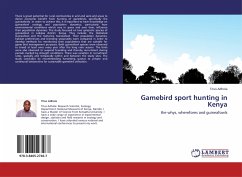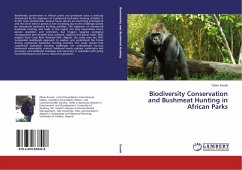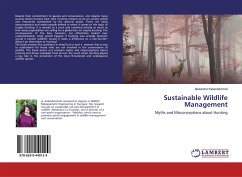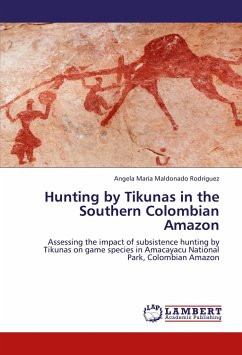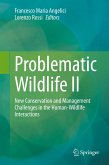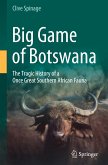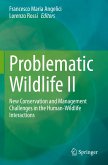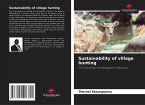There is great potential for rural communities in arid and semi-arid areas to derive economic benefit from hunting of gamebirds, specifically the guineafowls. In order to achieve this, it is important to have knowledge on guineafowl ecology and population dynamics; particularly how environmental conditions which vary in space and over time, influence their population dynamics. The study focussed on two sympatric species of guineafowl in Laikipia district, Kenya. They include; the Helmeted Guineafowl and the Vulturine Guineafowl. Their population dynamics, habitat preferences and breeding seasonality were compared in order to develop methods for monitoring their populations that are suitable for game bird management purposes. Both guineafowl species were observed to breed at least once every year after the long rains season. The birds were also observed to suspend breeding and thereby recruitment during periods marked by drought conditions. There was variation in recruitment rates, spatially and temporally within and between the study sites. The study concludes by recommending harvesting quotas to private and communal landowners for sustainable gamebird utilisation.
Bitte wählen Sie Ihr Anliegen aus.
Rechnungen
Retourenschein anfordern
Bestellstatus
Storno

